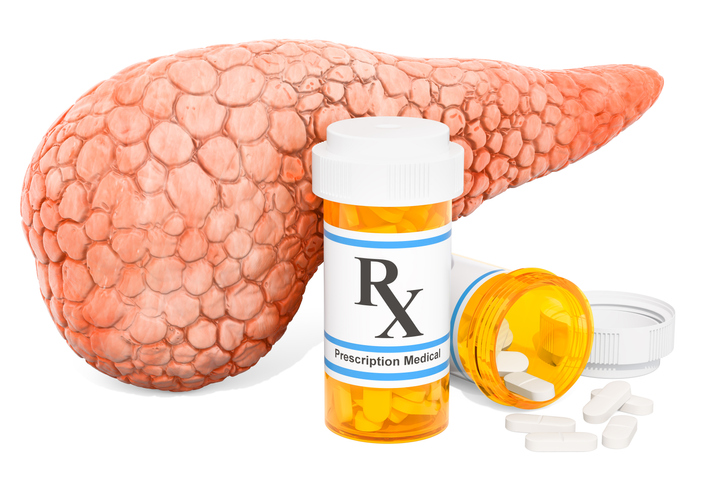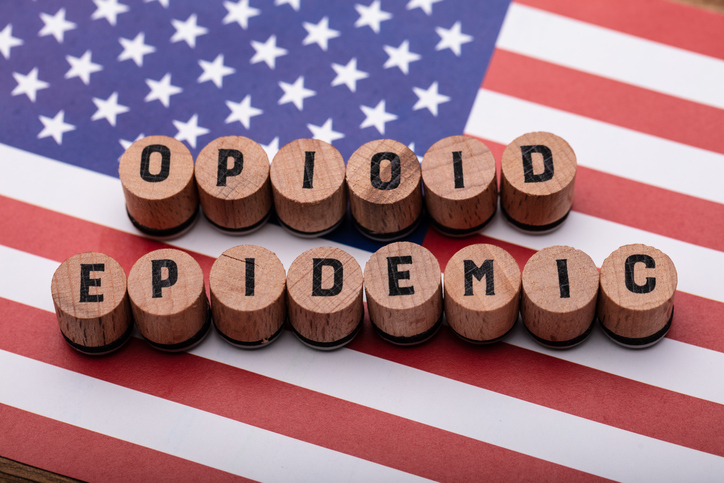There May Be a Link Between Opioids & Pancreatic Cancer. Be Proactive

By Joy Stephenson-Laws, J.D., Founder
Unfortunately, the first month of 2021 has more sad news to report. Siegfried Fischbacher, of the very famous magic duo Siegfried & Roy that was a standout act in Las Vegas for over a decade, died of pancreatic cancer. He was 81-years-old.
(The other member of the duo, Roy Horn, died just about 8 months before at the age of 75 from complications due to COVID-19).
This awful cancer also stole the lives of Aretha Franklin and civil rights leader John Lewis.
The American Cancer Society’s 2021 estimates regarding pancreatic cancer state that:
- About 60,430 people (31,950 men and 28,480 women) will be diagnosed with pancreatic cancer.
- About 48,220 people (25,270 men and 22,950 women) will die of pancreatic cancer.

I write a lot about cancer prevention and how adopting healthy lifestyle habits, such as eating a nutrient-dense diet and exercising regularly, may assist with this. I will revisit this with you as it pertains to pancreatic cancer, but after hearing about the death of Siegfried Fischbacher, I wanted to do some investigating to see if there is something new and perhaps widely unheard of about this type of cancer.
And according to a recent study, researchers found evidence which suggested that using opioids might increase the risk of developing pancreatic cancer. This is a big deal, because there is an opioid epidemic in America.
Opioids are a type of prescription drug that doctors sometimes prescribe for acute or chronic pain. Some of the more common ones include methadone, oxycodone (such as OxyContin®), hydrocodone (such as Vicodin®) and morphine. Percocet is oxycodone combined with acetaminophen (a common over-the-counter pain reliever and fever reducer).
This Medical Xpress report that discusses the recent study mentions that there is a disturbing trend in the United States of not only increasing opioid misuse and addiction but also increasing rates of pancreatic cancer.
“Population-based studies have suggested opium use to increase risk of pancreatic cancer in a dose dependent manner,” the report states.
“Using national datasets, the team evaluated whether the trend in opioid usage could explain increasing pancreatic cancer diagnoses at the national and state levels over time after correcting for the potential confounding factors. They found that both pancreatic cancer and opioid death rates rose over time at the national and state levels. A prior state's opioid death rate significantly predicted the trend in the incidence of pancreatic cancer years after and had a significant effect on the estimated annual change in the rate of this cancer.”
Opioid use can be very dangerous in general, which is why it is important to explore alternative strategies for pain management such as cryotherapy, acupuncture and laser therapy.
Diet is also a factor when it comes to pain management.In order to help prevent inflammation and pain, you want to eat a diet rich in a variety of fruits and vegetables. I have highlighted many plant based foods on this site. These foods are likely to decrease pain because of their antioxidant and anti-inflammatory properties as well as their high content of essential vitamins and minerals. Examples of specific nutrients that may help with pain include:
Be proactive about pancreatic cancer by living a healthy lifestyle.
There are no definitive explanations as to why some people get cancer and some don’t. Many in the medical community believe there are both genetic and environmental factors that play a role. The good news is that we can control many of the environmental factors such as diet, exercise and alcohol and tobacco use.
For more information on what you can do to help prevent pancreatic cancer, read here.
Lastly, know that with pancreatic cancer it is important to screen for it, because usually early onset of pancreatic cancers do not show signs and symptoms.
Enjoy your healthy life!
Rest in peace Siegfried & Roy
Disclaimer: This article is not intended to provide medical advice. Please consult with your doctor or another competent healthcare practitioner to get specific medical advice for your situation.
The pH professional health care team includes recognized experts from a variety of health care and related disciplines, including physicians, attorneys, nutritionists, nurses and certified fitness instructors. This team also includes the members of the pH Medical Advisory Board, which constantly monitors all pH programs, products and services. To learn more about the pH Medical Advisory Board, click here.







